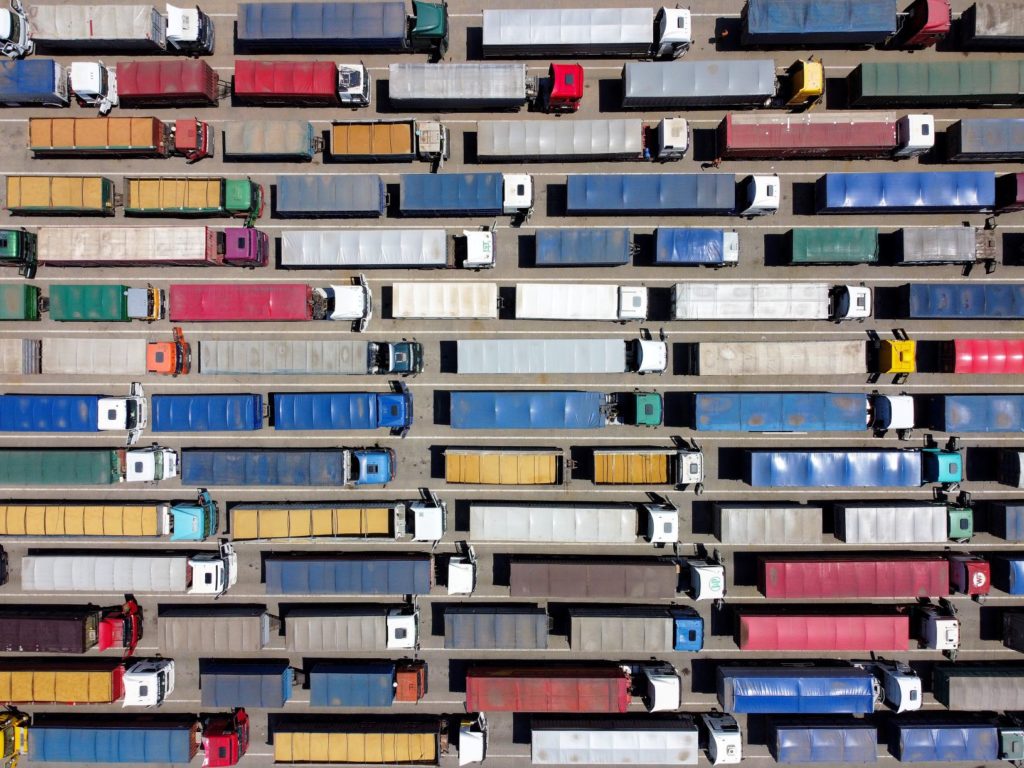GLOSSARY
LTL: Less-Than-Truckload
What does less-than-truckload mean? Less-than-truckload (LTL), also known as less-than-load or less-than-load, is a type of shipping service for relatively small loads or quantities of freight. Numerous large, national parcel services and specialized logistics providers offer less-than-truckload services. Businesses that frequently need to move smaller batches of goods can take advantage of these services to meet their shipping requirements. The economies of scale offered by less-than-truckload shippers can reduce individual shipment freight costs.
Ready to digitize and modernize your shipping operations?
See how Magaya can help.
What is LTL freight?
As noted above, LTL freight stands for “Less Than Truckload” freight. LTL freight is commonly used when the shipment is too large for a parcel carrier like UPS or FedEx but doesn’t fill an entire truck. Instead, multiple LTL shipments from different customers are consolidated onto a single truck for delivery.
In LTL shipping, the freight carrier combines shipments from multiple customers into one truck, utilizing the available space efficiently. Each shipment is typically palletized or crated and is assigned a unique tracking number. The carrier then transports the consolidated freight to a central hub or terminal, where it is sorted and routed for delivery to its respective destinations.
How does LTL work?
LTL freight shipments, in essence, combine partial loads to produce full single or multi-stop truckloads. Costs for shipping depend on how much space is used, what kind of items are being shipped, and where the pick-up and destination are.
Standard, expedited, and guaranteed shipping options are available for LTL freight. Special services can also be added to LTL freight shipping. A portion of these administrations incorporate lift entryway pickup/conveyance, inside pickup/conveyance, private pickup/conveyance, and rechecking/renaming. Accessorial fees are the additional costs associated with these services.
Key Takeaways
-
- LTL, or less-than-truckload shipments are typically consolidated with other shipments going to the same destination, which can help to reduce overall shipping costs.
What is an LTL carrier?
Most of the time, the LTL carrier is a trucking company that mostly uses tandem pup trailers for interstate hauls and 28- to 53-foot trailers for local pickups and deliveries. 150 pounds is the minimum weight for shipments smaller than a truckload, whereas the maximum weight that can be carried by LTL is up to 15,000 pounds.
Is LTL better than FTL shipping?
LTL is when multiple shippers’ freight is transported on the same trailer rather than having a single company’s freight exclusively on an individual trailer. FTL shipping is commonly used for large shipments that require taking up the entire truck. With FTL, your freight is the only freight moving on an individual truck, so you have exclusivity to the entire truck and theoretically are filling the truckload. So, the best choice truly depends on what you’re shipping (and how much of it). If you have a big, fragile package, FTL may be better than LTL, but if you have few packages to send, then LTL is the less costly option.
What are the benefits of less-than-truckload freight shipping?
LTL shipping is often ideal for businesses that have sporadic or infrequent shipping needs, as it is generally more cost-effective than shipping via full truckload (FTL). In addition, LTL shipping can provide greater flexibility in terms of transit times and delivery options.
LTL shipments are typically consolidated with other shipments going to the same destination, which can help to reduce overall shipping costs. In addition, many LTL carriers offer guaranteed transit times, which can be beneficial for time-sensitive shipments. Overall, LTL shipping can be a cost-effective and convenient option for businesses with small or infrequent shipping needs.
Ready to digitize and modernize your shipping operations?
See how Magaya can help.
